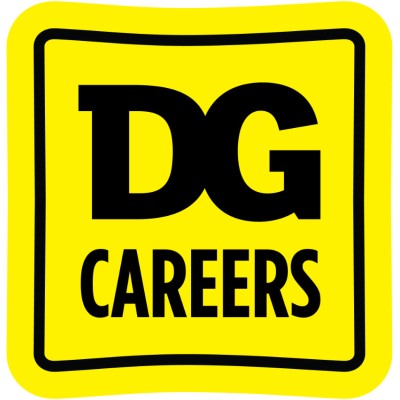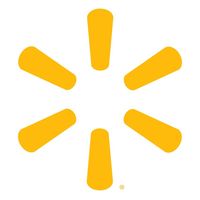Target's Self-Checkout Shake-Up: A New Era of Limitations
March 17, 2024, 2:38 pm

Location: United States, North Carolina, Charlotte
Employees: 1001-5000
Founded date: 1996

Location: United States, Tennessee, Goodlettsville
Employees: 10001+
Founded date: 1939

Location: United States, New Jersey, Hoboken
Employees: 10001+
Founded date: 1962
Total raised: $350M
Target is shaking up the self-checkout game with a new policy limiting purchases to 10 items or fewer, aiming to speed up the process and enhance the customer experience. This move comes as retailers like Walmart and Dollar General also reevaluate their self-checkout strategies in response to challenges like theft and operational efficiency. Target's decision to implement "Express Self-Checkout" lanes signals a shift in the retail landscape, where convenience meets control.
Target is hitting the brakes on self-checkout, restricting purchases to a mere 10 items, forcing customers with more to interact with human cashiers. This move aims to streamline the checkout process and enhance the overall shopping experience. The retailer's new policy, set to roll out at most of its 2,000 locations, follows a successful pilot program that showed self-checkout was twice as fast with item limitations.
The pandemic pushed retailers like Target to invest heavily in self-checkout options to limit human interaction and reduce labor costs. However, studies have shown that self-checkout can lead to increased theft, with some customers admitting to purposely stealing items. Additionally, shoppers are expressing a preference for human cashiers, citing a sense of loyalty and a better overall experience.
Target's decision to limit self-checkout to 10 items is driven by a desire to speed up the process and improve customer satisfaction. The retailer will also introduce more employee-staffed checkout lanes to accommodate customers with larger purchases. This move reflects a broader trend in the retail industry, with other major players like Walmart adjusting their self-checkout strategies based on customer demand and operational efficiency.
As retailers like Target, Walmart, and Dollar General navigate the challenges of self-checkout, the future of retail checkout experiences is evolving. Target's new self-checkout policy signals a shift towards a more controlled and efficient shopping experience, balancing convenience with security. Customers can expect to see more changes in the self-checkout landscape as retailers adapt to meet evolving consumer preferences and operational needs.
Target is hitting the brakes on self-checkout, restricting purchases to a mere 10 items, forcing customers with more to interact with human cashiers. This move aims to streamline the checkout process and enhance the overall shopping experience. The retailer's new policy, set to roll out at most of its 2,000 locations, follows a successful pilot program that showed self-checkout was twice as fast with item limitations.
The pandemic pushed retailers like Target to invest heavily in self-checkout options to limit human interaction and reduce labor costs. However, studies have shown that self-checkout can lead to increased theft, with some customers admitting to purposely stealing items. Additionally, shoppers are expressing a preference for human cashiers, citing a sense of loyalty and a better overall experience.
Target's decision to limit self-checkout to 10 items is driven by a desire to speed up the process and improve customer satisfaction. The retailer will also introduce more employee-staffed checkout lanes to accommodate customers with larger purchases. This move reflects a broader trend in the retail industry, with other major players like Walmart adjusting their self-checkout strategies based on customer demand and operational efficiency.
As retailers like Target, Walmart, and Dollar General navigate the challenges of self-checkout, the future of retail checkout experiences is evolving. Target's new self-checkout policy signals a shift towards a more controlled and efficient shopping experience, balancing convenience with security. Customers can expect to see more changes in the self-checkout landscape as retailers adapt to meet evolving consumer preferences and operational needs.
